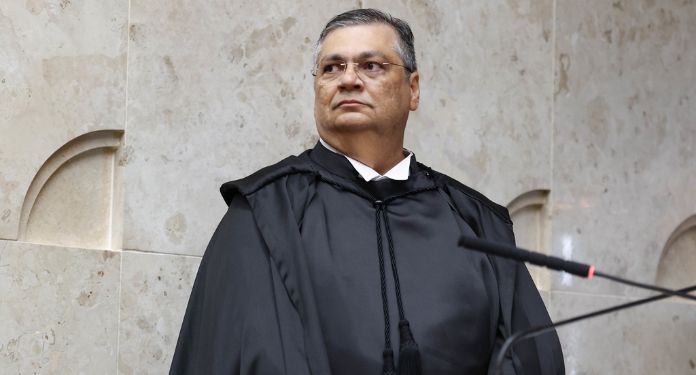The Federal Supreme Court (STF) has taken strict measures aimed at helping in the process of regulating the sports betting market in Brazil. Recently, Minister Luiz Fux ratified betting regulations, highlighting the ban on advertising aimed at youth categories.
According to José Francisco Manssur, lawyer, professor at USP and one of those responsible for the Betting Law: “Grassroots athletes can neither bet nor be the subject of a bet. Base teams cannot have betting sponsorship on their shirt.”
Furthermore, betting is also prohibited for people registered in social programs, such as Bolsa Família. Manssur, who was a special advisor to the Treasury until the beginning of this year, explained that, with the creation of a register for bettors, it will be possible to cross-check information and prevent individuals in social programs from participating in betting.
“In the last four years, we didn’t have any rules about sports betting advertising. Everyone could say whatever they wanted”, commented Manssur.
Therefore, this regulation brings more control over advertising and helps prevent the spread of the wrong idea that betting is an easy way to get rich.
At the STF, Flávio Dino suggests a ban on betting on a single athlete
Minister Flávio Dino, also from the STF, raised another question about sports betting. He defends that bets involving just one athlete are prohibited, to avoid manipulation of the results.
Thus, the measure aims to combat practices such as players who manipulate their performances, as in the case of midfielder Lucas Paquetá. The player faces an investigation in England for allegedly forcing yellow cards to influence betting.
This proposal came up during the trial that endorsed Minister Luiz Fux’s injunction, which anticipated government regulation rules that would only be implemented in 2025. But Dino’s point about individual sports betting did not prevail in the trial.
Dino believes that “there cannot be bets in which the event leading to gains depends on the will of a single individual”, highlighting the risk of manipulation. He also argues that this type of bet harms consumers and can generate losses for many, with benefits for a few.
However, the forecast is that the process on the legality of online betting will only be added to the agenda of the physical plenary of the STF in February 2025.




